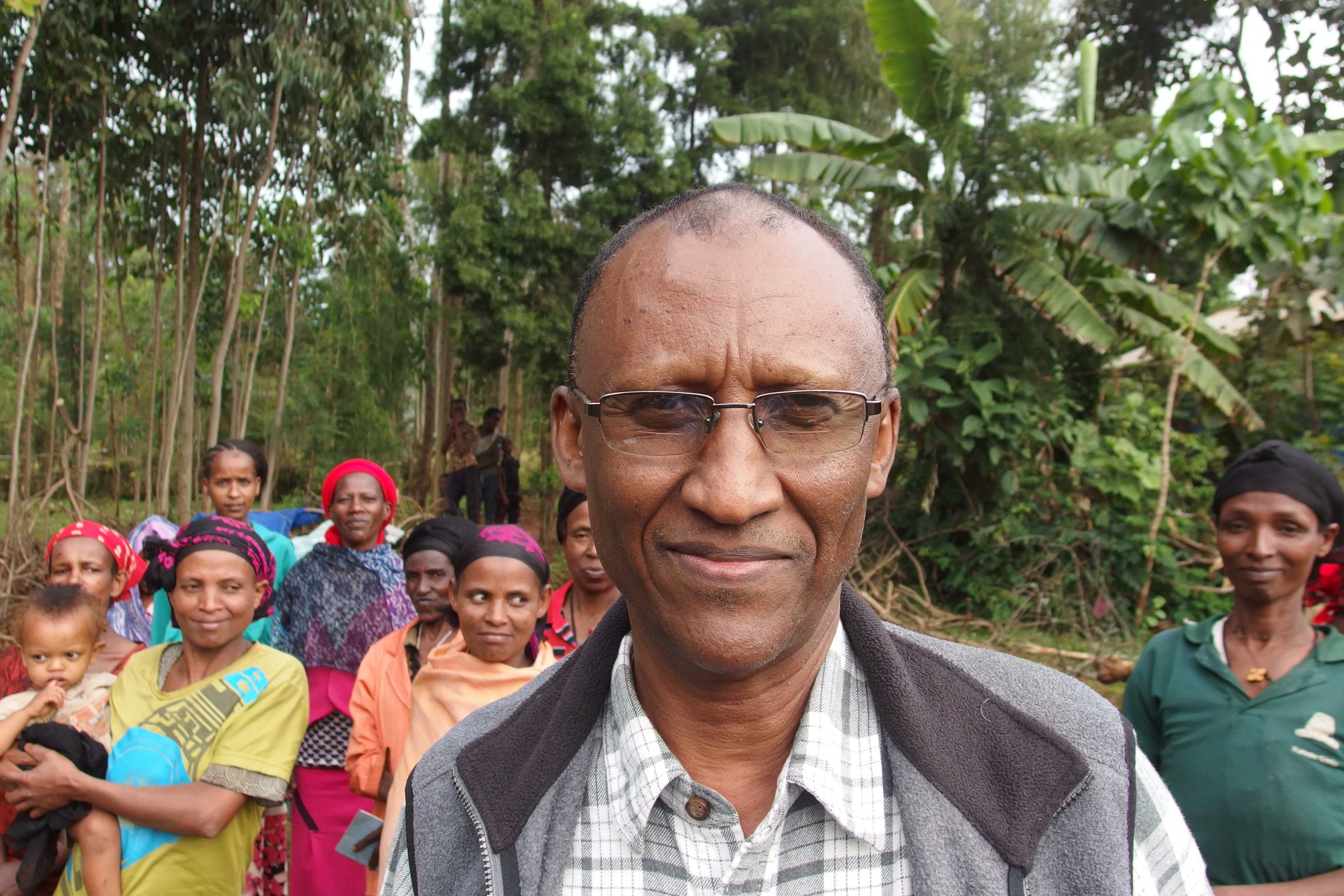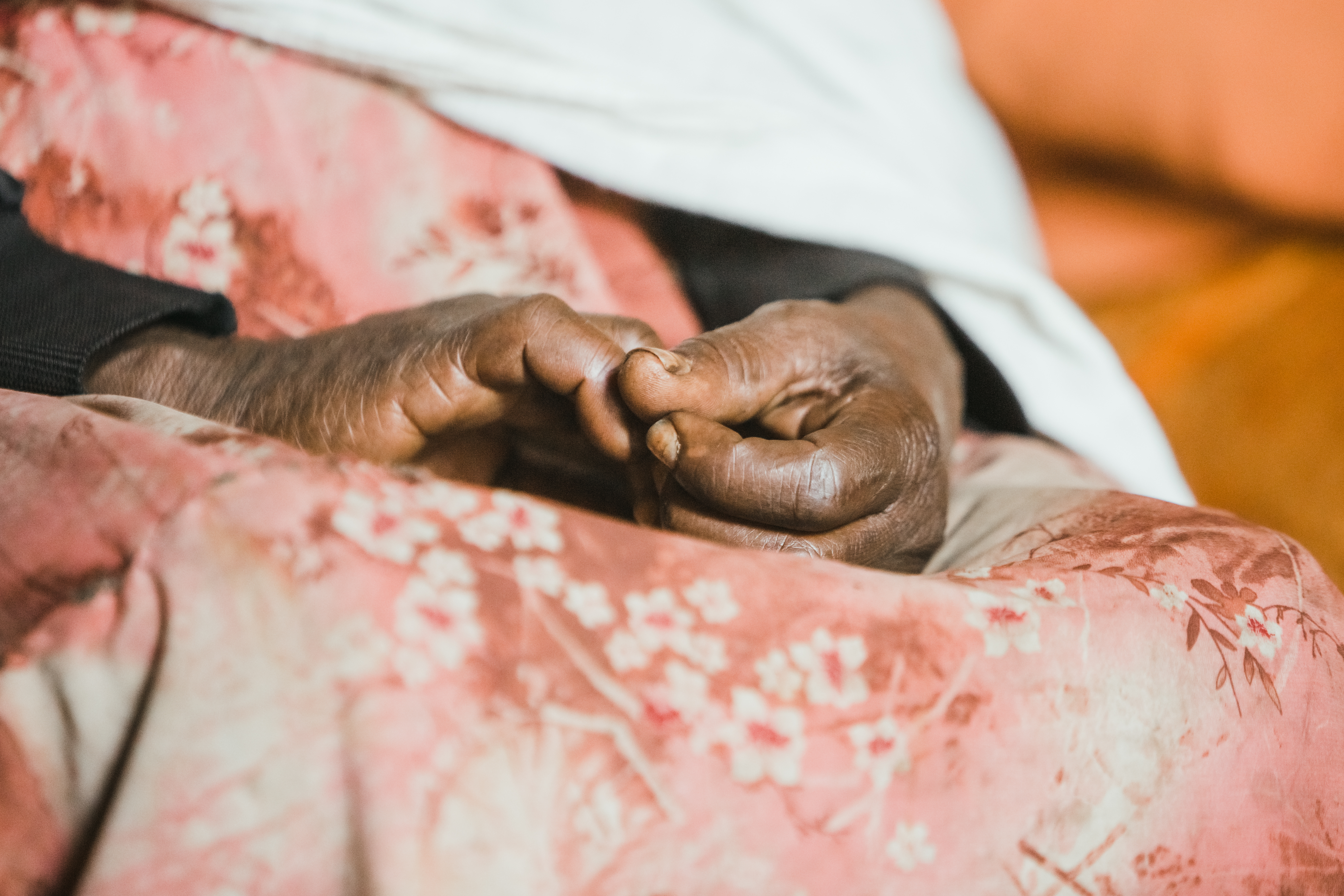
Disappointment and Resilience
“How do you remain hopeful when all around is war, injustice and death?”
“I am deeply troubled about what is going on. I feel weary so much of the time. How do I lift this heaviness…?”
I was recently asked these questions from two different friends within two days of each other. I could completely relate to the heaviness expressed by each one.
With all that is going on in the world its no wonder people feel sad and weary. When we are regularly exposed to injustice it is easy to become confused or even angry. Over the last few weeks, I’ve spoken to many people who are feeling weary and some who are despairing. I can understand.
In Tearfund Ireland we are regularly exposed to tragic, and sometimes horrific, stories of injustice.
In the days prior to this writing, we received the awful news that two people working for another Tearfund organisation were killed. These humanitarian workers were travelling in a convoy of vehicles, fully branded with the Tearfund logo, when they were attacked. Their colleagues escaped, but these two men were killed. We continue to pray for their grieving families, friends and fellow colleagues. This brutal incident (which, it should go without saying, we completely condemn) has added sadness on top of the heaviness we were already feeling.
The weight of the international conflicts over the last several months, and this closer-to-home tragedy, have contributed to the heaviness. Our news feeds are constantly updating us with details of the conflict between Israel and Hamas in Gaza, and of the ongoing conflict in Ukraine. Both situations receive daily international attention, yet thousands of individuals are still dying, being injured, and going hungry. In addition to these headline conflicts, there are many humanitarian emergencies that do not reach our news feeds. Sudan has been in a civil war in which thousands have been killed and millions of people are displaced, malnourished and starving. Yet there is very little media coverage about this or several other conflicts in which millions of people are caused to suffer (DRC, Myanmar, Ethiopia…).
In these conflicts it often feels there is little we can do to bring about change. And this only amplifies our compassion for those suffering and the righteous anger at the injustices carried out against innocent and vulnerable people.
It is in this context that my friends asked me the questions written above.
I shared with them a few principles and practices that have helped me over the years.
Guard my heart. Scriptures tell us multiple times to protect the vulnerable and speak up for the oppressed. This fundamental aspect of our Christian faith is another way of loving our neighbour. But, in owning my responsibility to stand up for the oppressed, it is essential that I do not allow my heart to become hardened toward the oppressor. It is not easy, but I am learning that even if someone is perpetrating an act of evil, I must endeavour to prevent anger or bitterness to settle within the soil of my heart. This is an outworking of learning to love my enemy and pray for the persecutor.
Remember God is good…all of the time. This can often slip from top-of-mind in the middle of a crisis, tragedy or in the face of evil. But God is a good Father who loves all people.
Recognise the limits of my understanding. I cannot answer the questions of ‘why’. Sometimes all I can do is acknowledge the wrong, grieve with those who grieve, pray for God’s justice and mercy, then do what I am able to do. When I am confused, I remind myself of who God is, that he is reconciling all things to himself, and he is within me.
Keep my eyes on Jesus. Often, I am tempted to intervene, to ‘do something’ or ‘fix the problem’ but, as I am repeatedly learning, the best thing I can do is to slow down and refocus my attention on Jesus. Am I submitting to his yoke and keeping in step with him or am I straining toward a different direction? Am I keeping my eyes fixed on him or am I giving more attention – and undue consideration – to the voices and expectations of others?
For more than 10 years Tearfund Ireland has been working in partnership with a Christian organisation in Lebanon. This team of people are some of the most committed, resilient, wise, and humble servants I know. Their organisation has faithfully represented the love of God to their neighbours, to strangers and to the ‘least of these’ for decades – and they continue to do so within the context of increasing challenges and risks. During a recent online meeting with them a question was asked about how they maintain their hope and resilience through long-term difficulties.
One lady responded, “We have learned how to keep our eyes fixed on Jesus.”
This was not a trite, simplistic slogan or what a Christian would be expected to say. Her response was an authentic, matter-of-fact statement which was mirrored in her face. Her eyes were serious and clear, her expression resolute and sincere. As I looked at her, I was reminded of the phrase in the book of Acts where the officials saw the courage of the disciples and took note that they had been with Jesus (see Acts 4.13).
I, and my colleagues in Tearfund Ireland, are also learning resilience through our experiences with God. We may not be able to address every need and we may not be able to answer every question. But remembering that God is good, keeping our eyes fixed on him and guarding our hearts, will help us remain steadfast in our pursuit of his reign in our hearts and his righteousness on the earth.
Cover Photo: Samuel McGarrigle
_RGB_AW.png?width=273&height=130&name=TF_Global_Logo_(Ireland)_RGB_AW.png)
